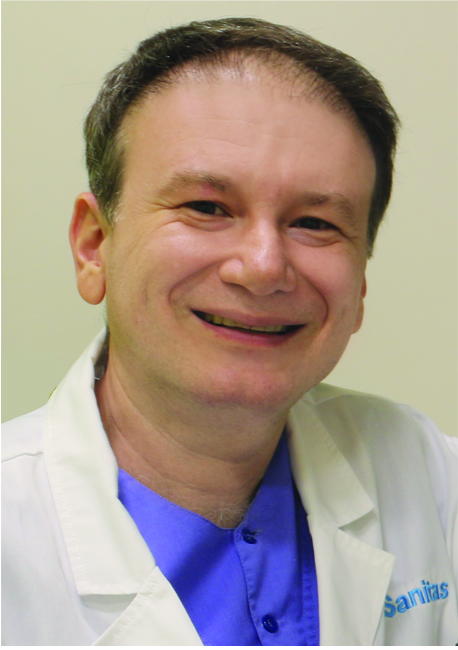What is a Sports Medicine Physician Specialist?


Charles Lascano, MD, CAQSM, DABFM.
Sports Medicine Specialist. Sanitas Medical Centers.
Sports medicine physicians are specialists skilled to diagnose and treat a range of different sports injuries and conditions. Although they treat mostly sports conditions affecting the musculoskeletal system, also treat sports conditions affecting other systems like neurological, cardiovascular, or respiratory system. Sports medicine is not just for competitive athletes. For the occasional athlete or the sedentary person who experiences an injury, the same expertise used for the athlete can be applied to return the individual as quickly as possible to full function. In other countries, there may be differences in the training and role of this specialty. This article applies to the United States.
Sports medicine physicians are initially specialized and board-certified in emergency medicine, family medicine, internal medicine, pediatrics, or physical medicine/rehabilitation, then have obtained one to two years of additional training in sports medicine through one of the accredited fellowship (subspecialty) programs in sports medicine, to finally then have passed a national Sports Medicine certification examination allowing them to hold a Certificate of Added Qualification in Sports Medicine. Typical years of training for sports medicine physicians include 4 years of undergraduate training, plus 4 years of medical school, plus 3-4 years of residency training, plus 1-2 years of fellowship training, for a total of 12-14 years of training to become this type of specialist. Sports medicine is a recognized subspecialty by the American Board of Medical Subspecialties and by Medicare.
Orthopedic surgeons can also complete a fellowship in sports medicine and become orthopedic sports medicine surgeons. If we compare a sports medicine physician and an orthopedic surgeon, both are well trained in musculoskeletal medicine. Sports medicine physicians specialize in the non-operative treatment of musculoskeletal conditions. Orthopedic surgeons are also trained in the operative treatment of these conditions. However, approximately 90% of all sports injuries are non-surgical. The sports medicine physician can maximize non-operative treatment, guide appropriate referrals to physical and occupational therapies, and if necessary, expedite referral to an orthopedic/sports surgeon.
There are other careers also called sports medicine such as exercise physiology, athletic training, orthopedic nursing, kinesiotherapy, physical therapy, and sports psychology, which are not for physicians and have other different roles. In addition, there are some medical specialties other than sports medicine, such as pain management which is for patients with difficulty to control pain such as chronic back or neck pain, and rheumatology that manages rheumatological problems such as rheumatoid arthritis or fibromyalgia.

